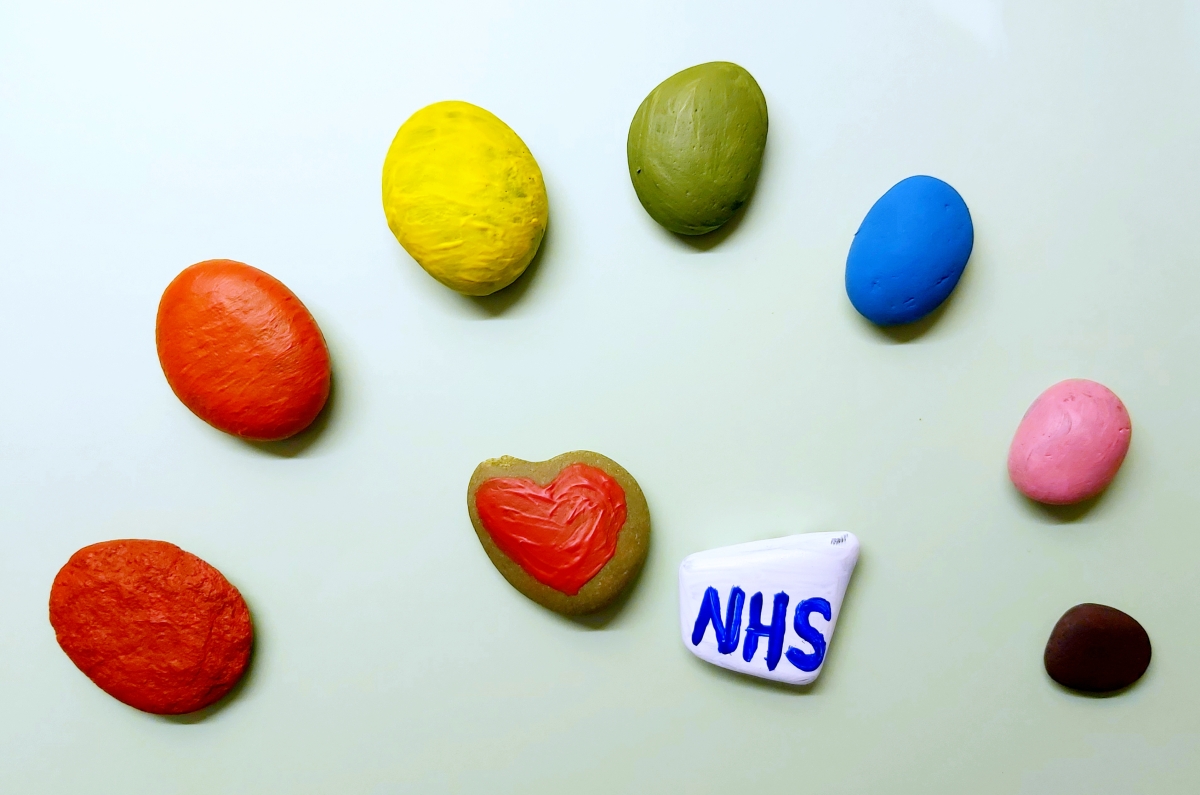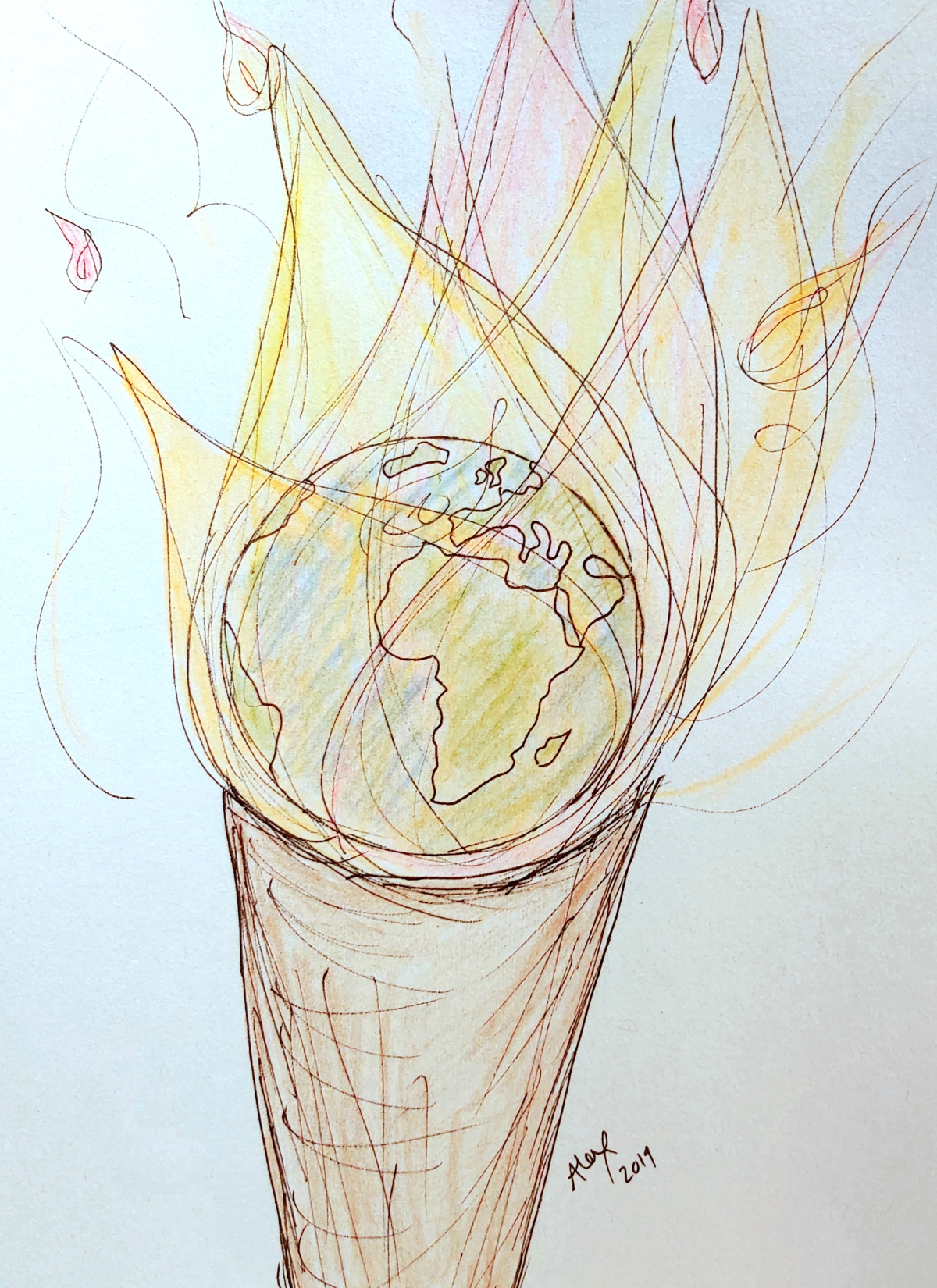I have wanted to blog about fatigue for a while now, but have been too tired to. Oh the irony!
The reality is that many people suffer from fatigue even many years after cancer treatments have stopped.
Fatigue is more than feeling tired after a busy day at work, or looking after children. It can last weeks, months, even many years. You can sleep well, exercise, eat healthily and still feel fatigued.
I looked up fatigue on thesaurus.com and found these synonyms:
Lethargy
Weakness
Weariness
Debility
Burnout
Overtiredness
I do love, admire, enjoy a thesaurus.
I don’t think that it’s possible to completely avoid fatigue during and after treatment, but I have found some thimgs that can help.
1. Go to bed
It sounds obvious, but if you are tired, and you can, then go to bed early. It’s no use trying to power through until 11pm if you are knackered by 9. I learned this the hard way; you won’t do yourself any favours by trying to stay up late. It’s likely to lead to being overtired and struggling to fall asleep.
And if you need a nap in the day, then have one if possible. I have half-hour cat-naps sometimes, and they work brilliantly. Any longer and I would sleep worse at night. Or if you can’t nap, just lying on the sofa and reading a book can help.
2. Read before bed
The stress of cancer treatments and ongoing side-effects can cause insomnia. I always read for a while before going to sleep. If you don’t like reading, there are lots of great quality older child or young adult novels out there. They are accessable and well-written. Anything by these authors is good:
Eion Colfer, C S Lewis, Suzanne Collins, Tom Gates, Liz Pichon, JK Rowling, Malorie Blackman, Enid Blyton and Lauren St John.
And don’t go on social media if you can’t sleep! It will be like drinking an espresso for your brain.
3. Know your limits
If you can work, great. I was desperate to get back to work after active treatment finished, but I also knew that I would not cope with working full-time. Not everyone will have the option to work part-time, but pushing yourself to work all hours to prove how well you are doing, is likely to lead to burn-out.
Your body and mind have been through a shockingly intense time, and will take longer than you think to recover. Remember that chemo kills cells, and radiotherapy alters DNA. A couple of aspirin these are not.
When I first returned to work, I needed a short nap most afternoons before dinner, just to get me through to bed-time. And on my days off, I would make plans to do numerous chores or be super-sociable. I just couldn’t keep this up. I expected to be back to normal after my treatments, but my body wasn’t ready. I started giving myself an actual day off in the week, not out of selfishness but necessity. I felt so much better because of this.
4. Don’t worry about what other people think
You have probably had someone say to you,
“Your cancer treatment has finished. That’s great, so you are all better now.”
Or, “Cool, everything is back to normal now. And you look so well.”
Although well-intentioned, remember that anyone who hasn’t had cancer doesn’t know what they are talking about. They want to encourage you, and don’t know what else to say. But cancer is not a bad cold. The affects of chemo, radiotherapy, surgery and hormone treatments can cause numerous side-effects that may last for many years. And then there’s the psychological damage that cancer can cause.
You may be back to work, your hair may be growing back beautifully, and you might look very well. But that doesn’t mean that your body will spring back to perfect health within minutes of waving goodbye to your oncologist.
Fatigue is your body’s way of saying “Hang on, what just happened? I need to figure this out: just give me some time.”
You can’t force your fatigue to go, no matter how much you want to forget about ever having had cancer. So ignore those who tell you that you should be back working full-time, out partying every weekend and to stop moaning about being tired.
5. Do some light exercise
I’m not going to recommend joining a gym, because for me, that would be a huge waste of money. But try to do a little exercise. Sometimes I feel really tired, so go for a short (20-30 minute) walk. I always feel better afterwards. The tiredness won’t disappear, but I will probably sleep better that night. And I can then enjoy some chocolate while lazing on the sofa as a reward. ☺
Stretches are great too. If you had any surgery, daily streteches will improve your strength and reduce any chance of lymphodaema. Gentle exercise like stretching your arms abive your head a few times, and ‘walking’ your hands up the wall will be helpful.
Or if you used to do pilates or yoga, or think it might be for you, you could have a look on Youtube for beginners’ exercises.
Remember that weightlifting is not advised if you have had a mastectomy.
Breast Cancer Care have some useful info about exercise after treatment.
6. Be kind to yourself
Think if what you would say to a close friend who has gone through cancer. Now say it to yourself, and listen to your advice.
I have struggled a lot with this one. Possibly because I am a mum with young kids. Mums just have to get on with it, don’t they?
But you won’t do yourself or your family any favours if you wear yourself into the ground. It’s impossible to spring right back to your pre-cancer self, so give yourself a break.
Learn how to say “No.”
If your boss, friends or family ask too much or expect you to perform at maximum efficiency, explain that you have post-cancer fatigue. Talk about how common it is after treatment, and that you may look great but your body has been through a terrible time. They have probably never heard of it, and will hopefully be much more understanding when you explain it to them.
This doesn’t mean that you can never go for a family day out again. But maybe start with a half-day and see how you get on. Maybe ask your parents or friends to have the kids one afternoon so that you can have a mega nap. Don’t take on overtime at work if you are struggling to get through a normal day.
7. If you are worried or there are any changes, see a doctor
Your fatigue might be improved by something as simple as iron tablets, for example, if you have anaemia.
You know now more than ever, to keep an eye on any changes in your body. Don’t put off making a doctor’s appointment if you notice anything or if fatigue is stopping you from carrying out normal daily activities.














